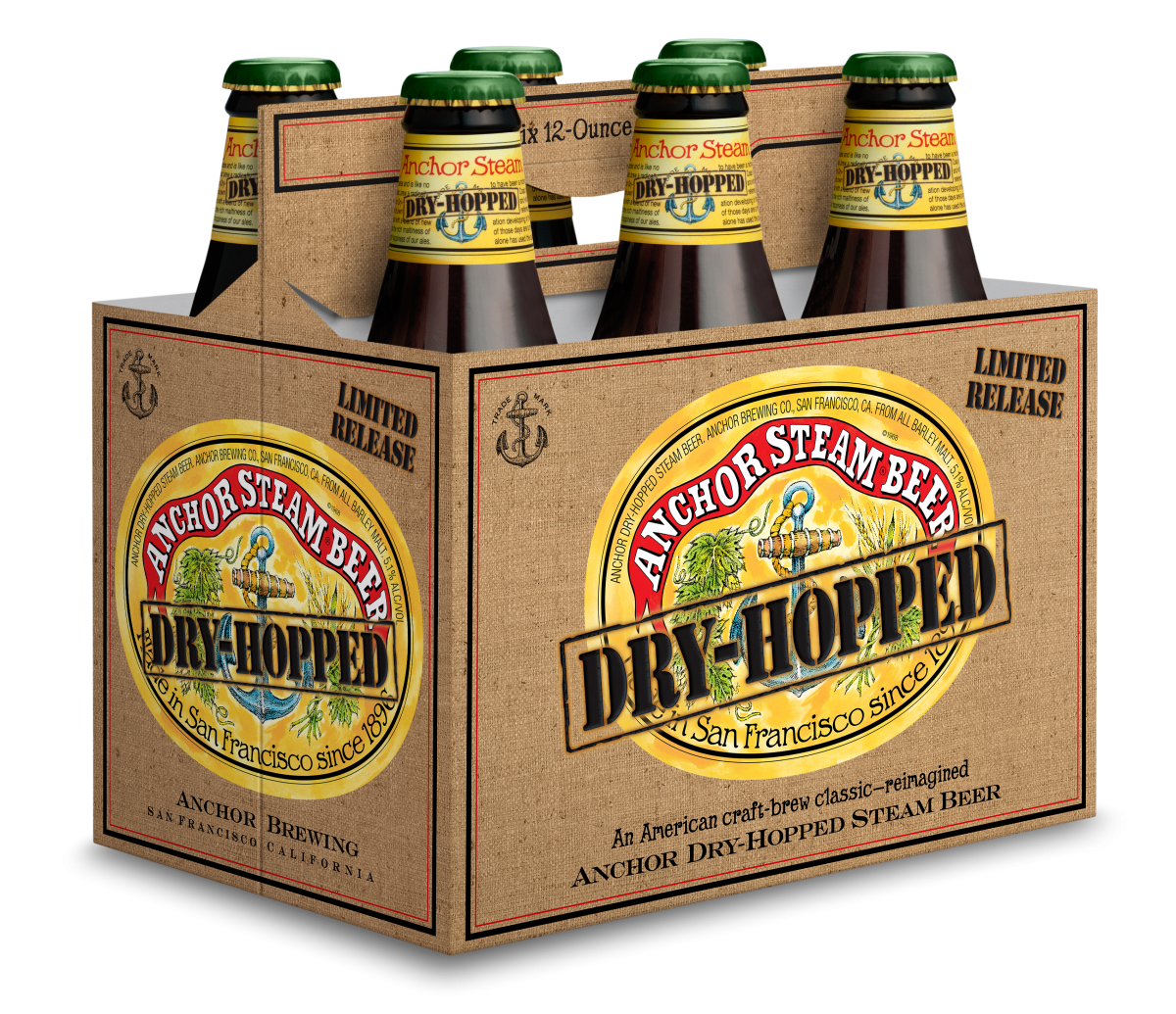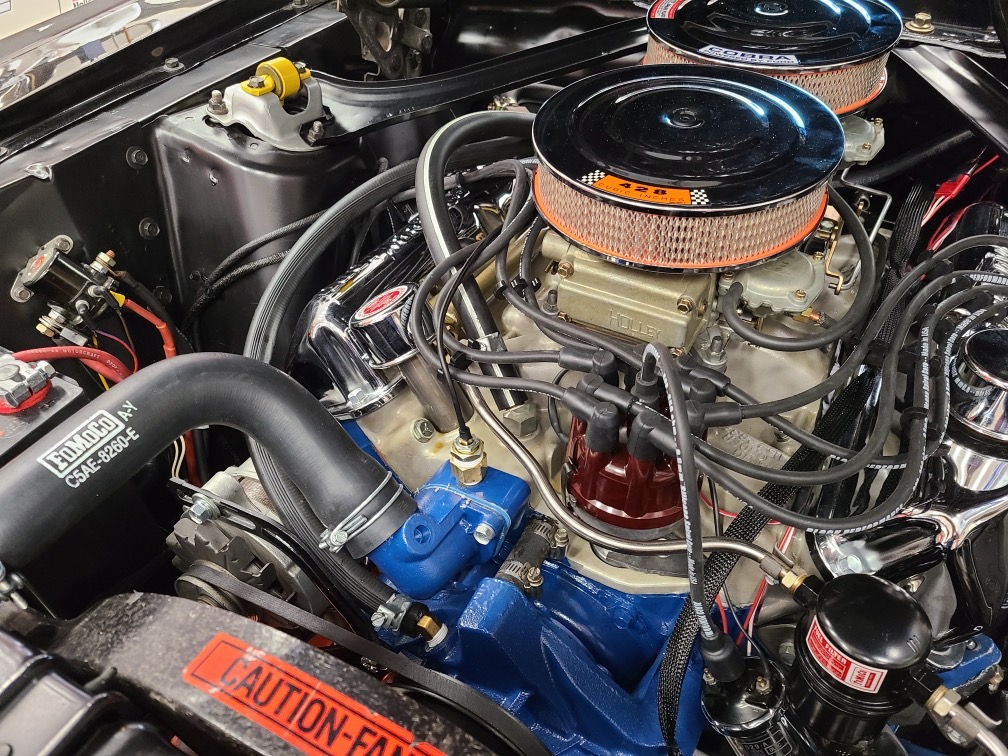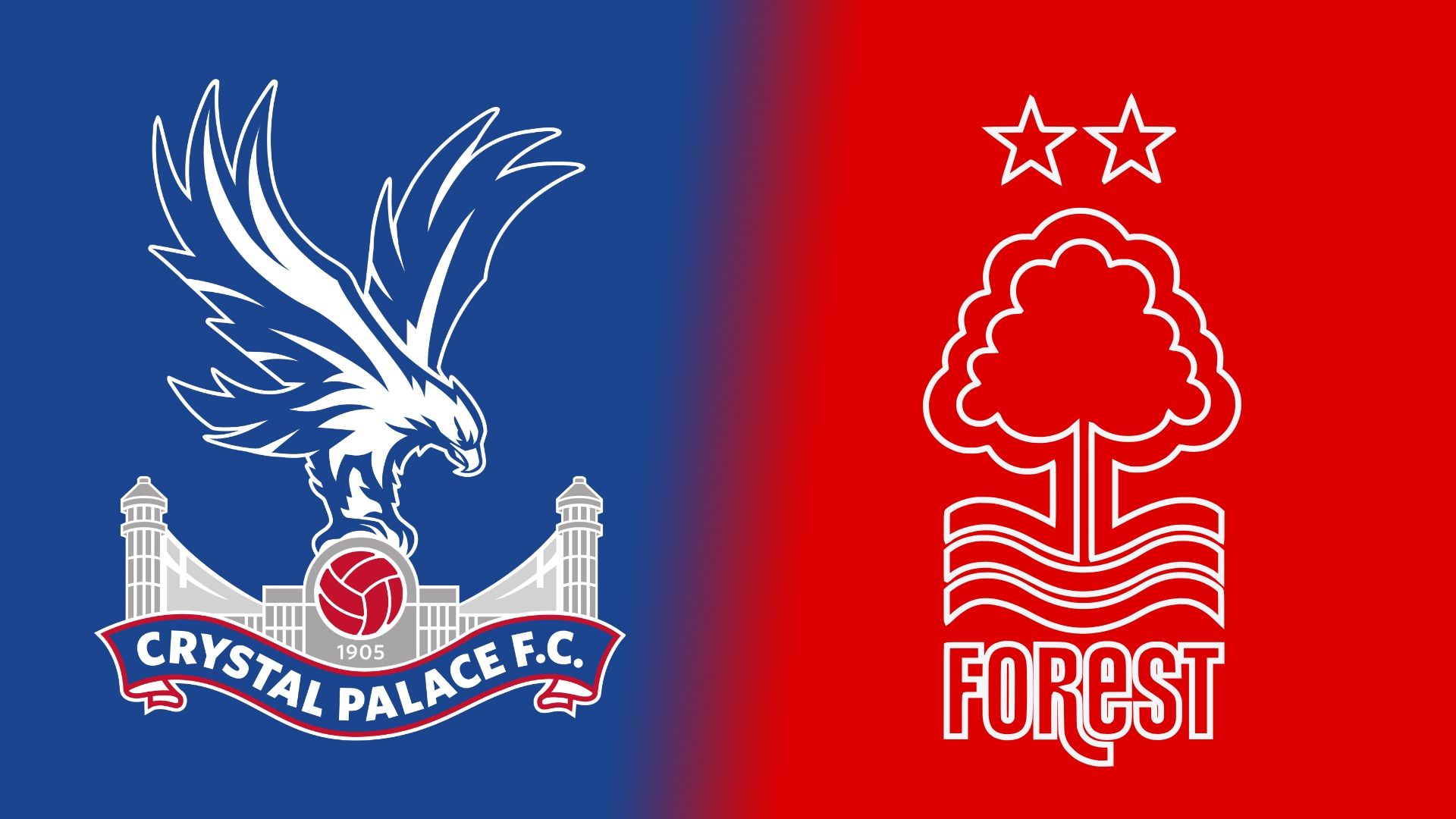The Closure Of Anchor Brewing Company: What This Means For Craft Beer

Table of Contents
Anchor Brewing's Legacy: A Pioneer in the Craft Beer Scene
Anchor Brewing, founded in 1896, wasn't just another brewery; it was a revolutionary force. Its flagship beer, Anchor Steam Beer, played a pivotal role in shaping the American craft beer movement. Before the explosion of craft breweries in recent decades, Anchor stood almost alone, championing quality, innovation, and a commitment to traditional brewing techniques.
- Popularizing Steam Beer: Anchor Steam revitalized the almost-forgotten style of steam beer, a unique Californian brew, introducing it to a wider audience and inspiring countless imitations.
- Setting Brewing Quality Standards: Anchor consistently prioritized quality ingredients and meticulous brewing processes, setting a high bar for the entire industry and influencing the way many other craft breweries operate.
- A Cultural Icon: Beyond its beers, Anchor became a cultural icon, representing San Francisco's brewing heritage and embodying the spirit of independent craft brewing. Its impact resonates far beyond its production volume.
The Reasons Behind Anchor Brewing's Closure: Financial Struggles and Industry Trends
The closure of such a prominent brewery wasn't a sudden event but rather the culmination of various factors. While the exact details remain complex, several key issues contributed to Anchor's downfall.
- Declining Sales and Increased Competition: The craft beer market has become increasingly crowded, with larger breweries and new craft entrants vying for market share. Anchor struggled to keep pace with this intense competition and the shifting preferences of consumers.
- Financial Difficulties: Reports indicate significant financial challenges, including mounting debt and declining sales, which ultimately proved insurmountable. The pandemic likely exacerbated these pre-existing issues.
- Changing Consumer Preferences: The rise in popularity of IPAs and other specific beer styles presented a challenge for Anchor, whose more traditional offerings struggled to capture the same level of consumer attention.
The Implications for the Craft Beer Industry: Consolidation, Competition, and Innovation
Anchor's closure serves as a stark reminder of the challenges facing the craft beer industry. The implications are far-reaching and will likely reshape the market in several ways.
- Increased Consolidation: We may see more acquisitions and mergers as larger breweries seek to expand their market share and consolidate their position in a competitive landscape.
- Pressure on Smaller Breweries: Smaller craft breweries, already facing similar challenges as Anchor, will feel increased pressure to adapt and innovate to survive.
- Opportunities for Innovation: The closure may also spur innovation, forcing remaining breweries to develop unique offerings, explore new distribution channels, and enhance their marketing strategies.
The Future of Craft Beer: Adapting to Change and Maintaining Authenticity
The craft beer industry is undeniably evolving. To thrive in this dynamic environment, breweries must embrace change and adapt to new consumer preferences and market realities.
- Direct-to-consumer Sales: Strengthening direct relationships with customers through taprooms, online sales, and memberships can help breweries build brand loyalty and mitigate reliance on distributors.
- Unique Product Offerings: Developing distinctive beers and exploring niche styles can help breweries differentiate themselves from the competition and attract loyal customers.
- Community Engagement: Building strong ties with local communities through events, collaborations, and responsible practices can foster a sense of connection and support.
Conclusion: The End of an Era, But Not the End of Craft Beer
The closure of Anchor Brewing marks the end of an era, but it is not the end of craft beer. Anchor's legacy as a pioneer and innovator will continue to inspire future generations of brewers. The challenges facing the industry are significant, but so are the opportunities for creativity, innovation, and adaptation. Let's raise a glass to the future of craft beer, celebrating the resilience and innovation of this dynamic industry. Support your local breweries and discover the exciting and diverse world of independent craft beers. The closure of Anchor serves as a powerful reminder to cherish and support the independent spirit that makes craft beer so special.

Featured Posts
-
 Paysandu 0 1 Bahia Resultado Resumen Y Goles Del Partido
May 15, 2025
Paysandu 0 1 Bahia Resultado Resumen Y Goles Del Partido
May 15, 2025 -
 Knicks Post Brunson Performance A Longer Road To Recovery
May 15, 2025
Knicks Post Brunson Performance A Longer Road To Recovery
May 15, 2025 -
 Crystal Palace Vs Nottingham Forest Resumen Y Goles Del Partido En Directo
May 15, 2025
Crystal Palace Vs Nottingham Forest Resumen Y Goles Del Partido En Directo
May 15, 2025 -
 Npo Toezichthouder En Bruins Gesprek Over Leeflang Nodig
May 15, 2025
Npo Toezichthouder En Bruins Gesprek Over Leeflang Nodig
May 15, 2025 -
 Unexpected Baseball Moment Former Nfl Qb Intercepts Max Muncys Fly Ball In Japan
May 15, 2025
Unexpected Baseball Moment Former Nfl Qb Intercepts Max Muncys Fly Ball In Japan
May 15, 2025
